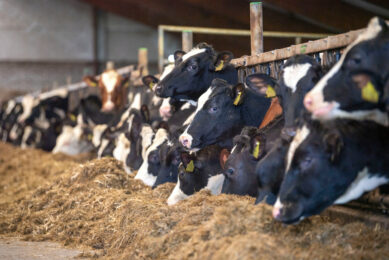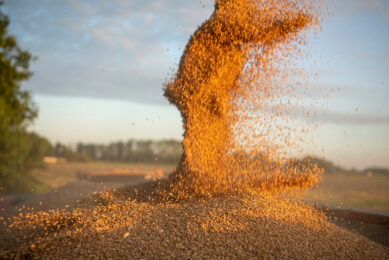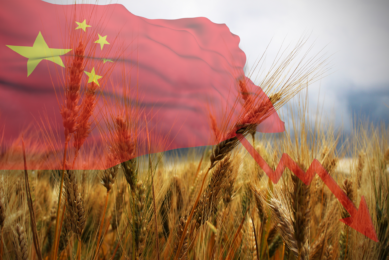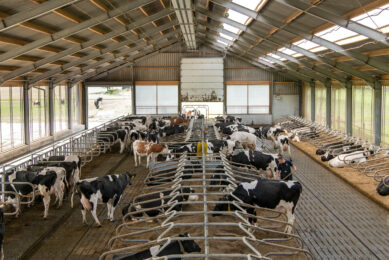Chinese dairy demand expected to lift global dairy prices
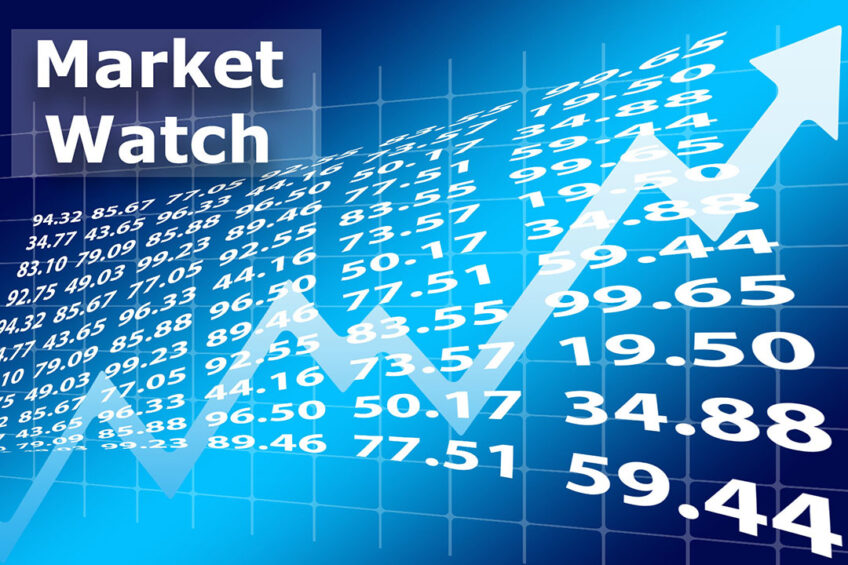
Soft global dairy demand and soft global dairy production are effectively in a stalemate. Nathan Penny, senior agri economist at Westpac NZ, expects Chinese dairy demand will still come through and lift global dairy prices.
Global dairy auction prices were unchanged overnight on 21 June. Overall prices and key whole milk powder (WMP) prices were flat. By product, prices were more mixed. Milk fat prices recorded solid gains, with butter prices jumping 5.5%. Skim milk powder and cheddar prices were down 2.3% and 3.3%, respectively.
Looking ahead, economist Penny sees 2 possible circuit breakers. One is the long-awaited rebound in Chinese dairy demand, and the other is spring New Zealand dairy production. “Our view is that Chinese dairy demand still comes through and lifts global dairy prices,” Penny says. “Though admittedly, the risks are that the expected demand rebound is pushed out even further.”
Global milk production
In a recent report, Rabobank noted that while global milk production is still rising, it is losing momentum, and that a slower production increase could stabilise global market prices. Growth is attributed to EU and US gains, while Oceania and South America continued to see lower output in the first half of 2023.
“Dry weather in South America and parts of Europe must be monitored and could be a key factor impacting production during Q3, particularly in Europe, Rabobank emphasises. “Our current outlook for lower production in the EU and US, with limited growth elsewhere, is likely to support global dairy prices in Q3 and into 2024,” says Andrés Padilla, senior dairy analyst of Rabobank.
Padilla points out that Chinese dairy imports (liquid milk equivalent, excluding whey) declined in Q1 2023, adding pressure to already weaker global prices in the short term. “With no immediate signal of a swift recovery in consumer demand, Chinese traders may remain cautious about returning to the market, or such a return may largely be motivated by competitive international prices and efforts to build reserves.”
Dairy farm income
According to a recent report of the Australian Bureau of Agricultural and Resource Economics (ABARES), the average farm cash income across all dairy farms in Australia in 2022-2023 is projected to be a record AUS$361,000 (US$241,580) per farm, which is an increase of 10% on the previous year.
There is wide variability across farms, with the top 20% of dairy farms projected to earn an average farm cash income of AUS$1.17 million (US$780,000) per farm, at an average rate of return of around 7%. This group of farms is estimated to account for 48% of dairy industry output (turnover) in 2022-2023.
The bottom 20% of farms are projected to earn an average farm cash income of negative AUS$66,000 (US$44,170) per farm, at an average rate of return of -0.9%. This group of farms is estimated to account for 12% of industry turnover. Average farm cash incomes in all states are now considerably higher in real terms than their corresponding longer term (10 year) averages.
While milk prices are at record levels, seasonal conditions during 2022-2023 have not been ideal in many dairy farming regions, particularly in eastern Australia where excessively wet conditions hampered grazing and fodder production systems. As a result, milk production per farm is expected to be lower in most states. However, the positive effect of higher milk prices is expected to outweigh the negative effect of a drop in milk production per farm.
Supplementary fodder – a major cost item for many dairy farmers – is expected to increase by around 8% as a result of higher prices for feed grains. Higher market interest rates are expected to result in dairy farm interest costs averaging AUS$89,300 (US$59,758) per farm, an increase of 120% on the previous year.
Join 13,000+ subscribers
Subscribe to our newsletter to stay updated about all the need-to-know content in the dairy sector, two times a week.



